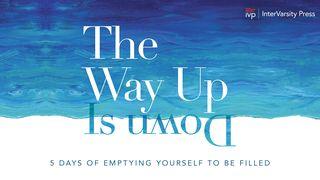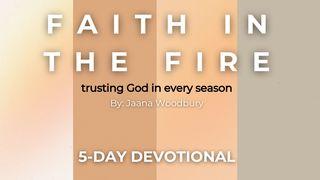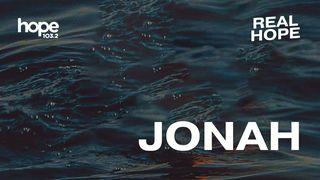Outside The CampSample

Outside the Camp
by Rocky Fleming
Day 4: Reckless Abandon
“Now when the time was approaching for Him to be taken up [to heaven], He was determined to go to Jerusalem [to fulfill His purpose].” Luke 9:51 (Amplified Bible)
Close your eyes and imagine how Jesus was described in what you read above. Jesus knew from the beginning that His purpose was to die an agonizing death for you and me. It was His mission and purpose. Even so, we need to realize that every step to Golgotha was a choice that was His to make. He could have said along the way, “No! Too big of a price for Me to pay,” and it would have taken away all hope for mankind. It was a battle for Him to stay the course, and He fought it all the way to the end to win the victory for us. During the battle within Jesus the man, He must have had every sense in His body and mind on full alert. He already had laid down His right as God to live out His mission. We read this insight in Philippians 2:7. So, He had to take on the battle with the same limitations as all men have, and to win His fight for us using His own righteousness and willpower as a man. By doing this, He left us an example to follow in joining Him outside the camp.
Like you and I would be with knowing how we would dread the torture and death, Jesus was in agony because of the knowledge that He would be facing His tormentors with whips, nails, and slanderous words in their hands and from their tongues. Think of how He sweat drops of blood the night that He was to be taken to an undeserved inquisition, and then on to the cross? Are you starting to get a feel for how He won His battle, which in turn gives you and me the right to be sons of God?
The scripture says that Jesus “was determined to fulfill His purpose.” Determined means: “decided, resolute, single-minded, unwavering, and indomitable.” Jesus entered into His mission and purpose with an abandonment of His own rights as He yielded to the will of His Father, and He did so with an unwavering commitment. What He did could be described as reckless abandon of Himself for you and me. If we are to realize our mission to join Him outside the camp where we must also face our fears and be stretched out of our comfort zones, our step to Him must be done with reckless abandon as well. What do I mean by the term?
Certain people would think being reckless would be irresponsible. They would think of a daredevil, such as Evel Knievel and tune out quickly. I don’t blame them. But many people at the time thought the Apostles were reckless, and it is true that it got all of them killed for their faith except John who died a faithful old man. John the Baptist would have been called reckless for calling out Herod. Martin Luther would have been called reckless for bringing to light the misdeeds of the Papacy in the 16th Century, which in turn started the Protestant movement. Martin Luther King would have been called reckless. So would many people in history who stood in the gap for something good to happen in history, and especially the Church. Reckless is sometimes good and needed.
“Why tiptoe through life only to arrive safely at death's door?” is a challenging perspective I’ve heard lately. There are several people who claim authorship. That is not important as much as the perspective is. The question is, should we live our life with reckless abandon? My answer is yes, if it is for Jesus and His purpose, for if it is for any other reason, we would be an irresponsible daredevil who lives for a thrill. You see, the abandonment of our self for Jesus’ purpose includes His commitment to keep us in His care, for when we go outside the camp to bear His reproach, He is there waiting for us to join Him. Though we abandon ourselves to Him, we can have the full assurance that we are in His care in that place.
Scripture
About this Plan

The cost of true discipleship for Jesus’ followers meant wading outside of their comfort zones to follow Jesus and impact their culture, and the same is true today. Outside the Camp represents our greatest fears, and our greatest vulnerabilities, but also the greatest investment of our lives.
More









